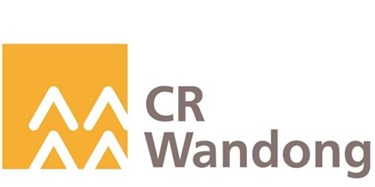Chinese Investors Sink $142M Into Beijing Device Maker

A group of seven Chinese investors, including Alibaba Group Holding Limited founder Jack Ma, has announced plans to invest $142 million in Chinese radiology imaging manufacturer Wandong Medical Equipment (Wandong). Industry experts point to this move as another significant investment in China’s rapidly growing medical device market, as well as evidence of the Chinese government’s commitment to promote innovation from within and to reduce reliance on foreign technology.
Wandong is a state-owned company headquartered in Beijing and boasts a production capacity of more than 6,000 x-ray units per year, making it one of the largest medical imaging device manufacturers in the world.
In a press release, Wandong announced plans to use the $142 million cash infusion to ramp up production of high-efficiency magnetic resonance imaging (MRI) and computerized tomography (CT) machines, to build an online platform for medical imaging, and to develop a sales service system.
Under the terms of the agreement, Yunfeng Capital, co-founded by Jack Ma, will invest $32 million in return for a 2.35 percent stake in the company, reported Forbes. Wandong will partner with Alibaba’s existing healthcare units, Yidegu and Alijk, combining its imaging expertise with Alibaba’s growing interest in internet-based health technology.
Last year, David Yu, co-founder and chairman of Yunfeng, told Forbes about his desire to unite internet technology experts with established names in offline technology, creating what he calls “transformational investment opportunities.” According to Yu, there is a huge opportunity for investors to use their funds to boost traditional industries using the power of the internet.
One of these opportunities is pharmacies. According to The Wall Street Journal, Yunfeng shifted its Tmall online-based pharmacy into its publicly traded health-care sector last April in a deal worth $2.51 billion. Related, Forbes reported in May that Alibaba launched an Internet-based, 3-hour delivery service for healthcare goods.
Furthermore, Wangdong’s controlling shareholder, Wu Guangming’s Jiangsu Yuyue Medical Equipment and Supply, signed a three-year partnership in April with (Alibaba-owned) Alijk to explore smart medical devices and medical resource management, reported Forbes.
All of this is good news for China’s growing medical device market, now listed as the second largest in the world and projected to be worth $48 billion in 2015. Many experts attribute this growth to a large and aging population, and to the Chinese government’s $359 billion investment over the past five years to improve the country’s healthcare infrastructure.
